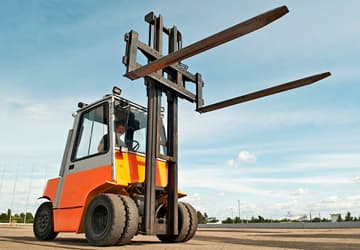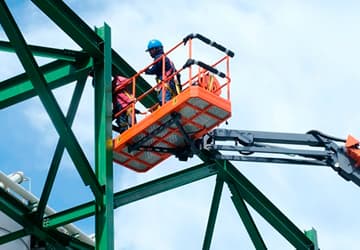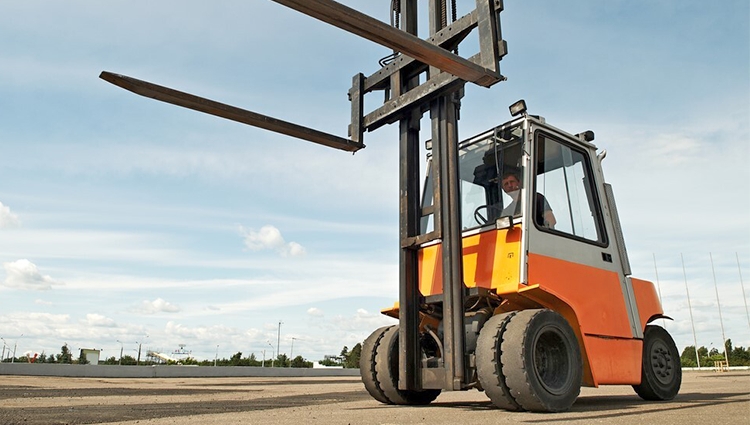The construction industry is a cornerstone of economic development, providing essential infrastructure and housing that support communities and drive growth. However, the success of this industry hinges on one critical factor: skilled labor. As the demand for construction projects continues to rise, the need for a well-trained and competent workforce has never been more pressing. This article discusses the current labor market in the construction industry, the importance of skilled workers, and strategies for companies to attract and retain top talent.
The construction industry is facing a unique set of challenges in the labor market. As economies recover and infrastructure projects ramp up, the demand for skilled labor is outpacing supply. Several factors contribute to this situation:
- Aging Workforce: Many experienced construction workers are nearing retirement age, leading to a significant skills gap as they exit the workforce. This trend is particularly pronounced in trades such as carpentry, plumbing, and electrical work.
- Lack of New Talent: The construction industry has struggled to attract younger workers, who often view it as less appealing compared to other career paths in technology or finance. This perception is compounded by the industry’s reputation for long hours and physically demanding work.
- Increased Project Complexity: As construction projects become more sophisticated, the need for specialized skills and training has grown. Workers must be adept at using advanced technologies and adhering to stringent safety regulations.
- Economic Fluctuations: Economic uncertainties can lead to fluctuations in construction demand, making it challenging for companies to maintain a stable workforce.


Skilled labor is essential for the construction industry for several reasons:
- Quality and Safety: Skilled workers bring expertise and experience that contribute to the quality of construction projects. Their knowledge of best practices and safety protocols helps minimize accidents and ensures compliance with regulations.
- Efficiency and Productivity: Experienced workers can complete tasks more efficiently, reducing project timelines and costs. Their ability to troubleshoot problems and make informed decisions on-site enhances overall productivity.
- Innovation and Adaptability: Skilled labor is crucial for implementing new technologies and innovative construction methods. Workers who are trained in the latest techniques can help companies stay competitive in a rapidly evolving industry.
- Reputation and Client Satisfaction: A workforce comprised of skilled laborers enhances a company’s reputation for quality and reliability. Satisfied clients are more likely to return for future projects and recommend the company to others.
To address the labor shortage and build a strong workforce, construction companies must implement effective strategies to attract and retain skilled workers:
- Invest in Training and Development
Offering training programs and apprenticeships can help bridge the skills gap and attract new talent. By investing in the professional development of employees, companies can cultivate a skilled workforce that is well-equipped to meet industry demands. Collaborating with trade schools and vocational programs can also create a pipeline of skilled workers.
- Promote a Positive Work Environment
Creating a positive and inclusive workplace culture is essential for attracting and retaining talent. Companies should prioritize employee well-being, offer competitive wages, and provide benefits such as health insurance and retirement plans. Recognizing and rewarding hard work can also boost morale and job satisfaction.
- Emphasize Career Advancement Opportunities
Highlighting opportunities for career growth and advancement can make the construction industry more appealing to potential workers. Companies should communicate clear pathways for progression, mentorship programs, and the potential for specialization in various trades.
- Leverage Technology and Innovation
Embracing technology in the workplace can enhance the appeal of construction jobs. By showcasing the use of advanced tools and equipment, companies can attract tech-savvy individuals who are interested in working in a modern construction environment.
- Engage with the Community
Building relationships with local communities and schools can help raise awareness about career opportunities in construction. Participating in job fairs, hosting open houses, and offering internships can create interest among young people and encourage them to consider a career in the industry.
- Foster a Strong Employer Brand
Developing a strong employer brand can help companies stand out in a competitive labor market. By showcasing company values, culture, and success stories, construction firms can attract individuals who align with their mission and vision.
The importance of skilled labor in the construction industry cannot be overstated. As the demand for construction projects continues to grow, companies must prioritize attracting and retaining talented workers to ensure their success. By investing in training, promoting a positive work environment, and engaging with the community, construction firms can build a strong workforce that is equipped to meet the challenges of the future.
At Minkoti Agencies, we recognize the value of skilled labor and are committed to supporting the development of a competent workforce in the construction industry. By fostering a culture of learning and innovation, we aim to contribute to a thriving construction sector that benefits both workers and the communities we serve. Together, we can build a brighter future for the construction industry and the skilled labor that drives it.




